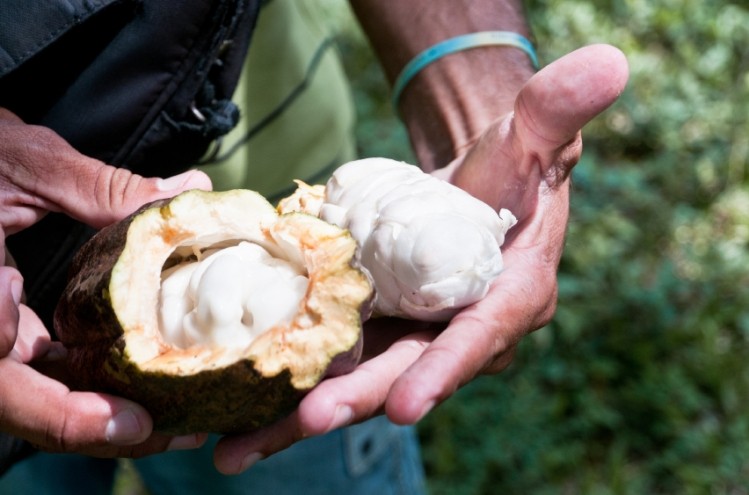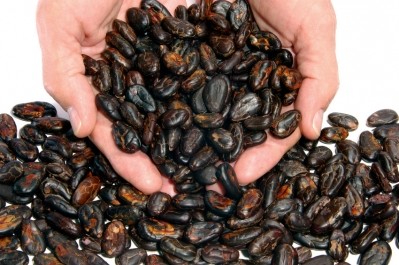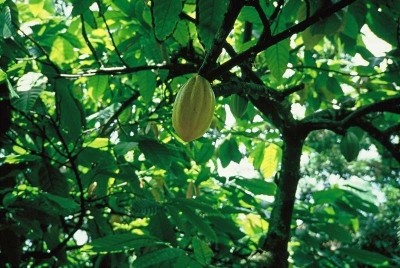WCF Partnership Meeting
Topsy turvy: Sustainable cocoa efforts are upside down, says WWF

Speaking at the World Cocoa Foundation’s 26th partnership meeting in Copenhagen last week, Jason Clay, senior vice president of markets & food at the WWF, said that a small cohort of underperforming farmers accounted for around half of negative impacts in the cocoa industry including deforestation and fertilizer misuse.
Changing systems
He said that this group was largely ignored because the chocolate industry and certifiers were too heavily focused on rewarding top performing cocoa farmers.
“That approach can pull the top half of production, but that’s the low hanging fruit,” he told meeting delegates.
In an interview with ConfectioneryNews after his presentation, he said: “Certification programs do that and it is logical that they would..but if we want to shift the system we’ve also got to move the bottom. That’s where the biggest gains can be made in terms of productivity.”
Bottom 25%
He said that the worst producers – the bottom 25% - only produced 10% of the world’s cocoa, but accounted for 40-50% of negative impacts such as deforestation, illegality, soil erosion, misuse of fertiziler and pesticides and underpaid laborers.
“All that stuff happens more at the bottom end of the system,” said Clay.
“If you want to double the cocoa production, focus on the bottom, not the top. Systems don’t change if you focus on the better ones.”
He said that it was likely that 30% of globally traded cocoa was produced illegally as people crossed borders to get a better price for their produce or used undocumented laborers. “That’s disprotionately true in the bottom quarter,” he added.
Why not make the top more productive?
We asked Clay why the industry couldn’t simply force the destructive bottom quotient out by making the best producers more productive.
“There’s two ways to get them out,” he said. “ One is to make them better and they are no longer in the category. The other is: Once you start making some of those producers better, others are going to get out because they are just not going to be able to compete.”
He said this approach would force the issue and was preferable to writing the bottom quarter off completely. “I think that would be a real mistake. Some of the most innovative people I know are the ones who have no money and have to figure out how to solve problems. We don’t want to lose that.”
He said the governments needed to be engaged to support the bottom.
Lessons from salmon
According to Clay, the salmon industry was already reaping benefits from such an approach.
Fifteen of the largest salmon producers, which account for 70% of global production, recently came together pre-competitively in the Global Salmon Initiative to move to only sustainable salmon after they found that it was the worst among them affecting the entire industry.
Clay said that it would be fundamental for public companies in the cocoa and chocolate industry to adopt this strategy as a company’s market value was increasingly based on reputation rather than tangible assets.
Cooperatives
Taco Terheijden, manager of sustainable cocoa at Cargill, said that companies all aimed to reach each individual farmer, but he said that farmers needed to grouped for programs to be delivered efficiently.
“We are targeting individual farmers but what we say if you’re an individual farmer is ‘why don’t you join a group’ so we can build an efficient supply chain, which benefits us and which will benefit you.”
“At Cargill we are pretty opinionated that cooperatives are the ideal delivery mechanism to reach every individual farmer.”









